About Greater Hudson Valley Family Health Center – Opioid Treatment
Located in Newburgh, New York, is the Greater Hudson Valley Family Health Center. This is a medical facility that offers a number of services, including behavioral healthcare services that help address drug and alcohol use struggles you or a loved one are working through.
They accept policies from most major private and public insurance providers, and they have sliding scale discounts if you qualify. You won’t be denied care because of an inability to pay.
Addiction Recovery Through Behavioral Health Services
Their behavioral health program is comprehensive and includes culturally competent care that addresses mental health issues that may be at play. They also address trauma-related struggles and will put together a treatment plan that tackles your physical, mental and emotional health challenges from an integrated standpoint.
They also offer a really comprehensive opioid addiction treatment program, which includes medication assisted treatment (MAT). While this program is not available at the Newburgh clinic, there is another facility called the Center for Recovery in Newburgh, which you’ll get referred to. Their medication assisted treatment program includes methadone, Vivitrol and Suboxone medication support.
Clinical Care Through the WIC Program
The clinical care here is rooted in evidence-based practices, and you’ll work with experienced medical professionals and addiction counselors. They apply proven practices to help get to the root cause of your addiction struggles, an effective method that goes beyond just treating the symptoms of the challenges you’re facing.
As a medical facility, they offer other medical and dental services here too. They also offer specialized services that fall under the Women, Infants, and Children (WIC) program. This includes everything from breastfeeding support, to learning how to lead a healthy lifestyle, and access to nutritious meals.
There’s also a Patient Services Program here that will support you with everything from applying for public insurance, to accessing their Home Energy Assistance Program, to applying for SNAP benefits. These programs can provide resources that are key to a successful recovery.
Latest Reviews
Rehab Score
Gallery
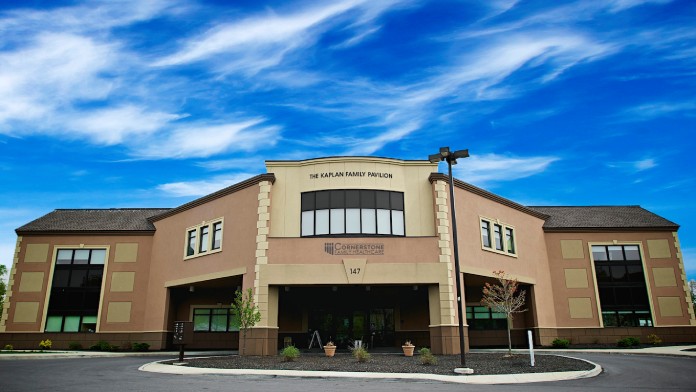
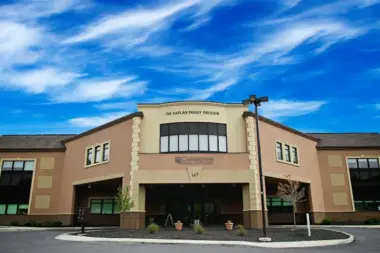
Other Forms of Payment
Medicaid is a state based program that helps lower-income individuals and families pay for healthcare. Medicaid covers addiction treatment so those enrolled can use their coverage to pay for rehab. When a program accepts Medicaid the client often pays very little or nothing out of their own pocket.
Private insurance refers to any kind of healthcare coverage that isn't from the state or federal government. This includes individual and family plans offered by an employer or purchased from the Insurance Marketplace. Every plan will have different requirements and out of pocket costs so be sure to get the full details before you start treatment.
Self-pay involves paying for treatment out of your own pocket. You can use savings or credit, get a personal loan, or receive help from family and friends to fund your treatment. If you don't have insurance or your insurance plan doesn't cover a specific program, self-pay can help ensure you still get the care you need.
Sliding scale payments are based on a client's income and family size. The goal is to make treatment affordable to everyone. By taking these factors into account, addiction recovery care providers help ensure that your treatment does not become a financial burden to you or your family, eliminating one barrier to care.
Medicare is a federal program that provides health insurance for those 65 and older. It also serves people under 65 with chronic and disabling health challenges. To use Medicare for addiction treatment you need to find a program that accepts Medicare and is in network with your plan. Out of pocket costs and preauthorization requirements vary, so always check with your provider.
Addiction Treatments
Levels of Care
Outpatient Programs (OP) are for those seeking mental rehab or drug rehab, but who also stay at home every night. The main difference between outpatient treatment (OP) and intensive outpatient treatment (IOP) lies in the amount of hours the patient spends at the facility. Most of the time an outpatient program is designed for someone who has completed an inpatient stay and is looking to continue their growth in recovery. Outpatient is not meant to be the starting point, it is commonly referred to as aftercare.
Drug and alcohol addiction often takes a heavy toll on one's body. Over time, a physical dependence can develop, meaning the body physiologically needs the substance to function. Detox is the process of removing drugs and/or alcohol from the body, a process that can be lethal if mismanaged. Medical detox is done by licensed medical professionals who monitor vital signs and keep you safe, healthy, and as comfortable as possible as you go through detox and withdrawal.
Treatments
The goal of treatment for alcoholism is abstinence. Those with poor social support, poor motivation, or psychiatric disorders tend to relapse within a few years of treatment. For these people, success is measured by longer periods of abstinence, reduced use of alcohol, better health, and improved social functioning. Recovery and Maintenance are usually based on 12 step programs and AA meetings.
When you choose drug rehab in New York, you'll participate in a variety of treatments that are designed to help you live a drug-free lifestyle. Common methods of treatment include group, individual, and family counseling, medication management, nutrition, exercise, and management of co-occurring mental health disorders.
Opioid rehabs specialize in supporting those recovering from opioid addiction. They treat those suffering from addiction to illegal opioids like heroin, as well as prescription drugs like oxycodone. These centers typically combine both physical as well as mental and emotional support to help stop addiction. Physical support often includes medical detox and subsequent medical support (including medication), and mental support includes in-depth therapy to address the underlying causes of addiction.
Substance rehabs focus on helping individuals recover from substance abuse, including alcohol and drug addiction (both illegal and prescription drugs). They often include the opportunity to engage in both individual as well as group therapy.
Programs
Adult rehab programs include therapies tailored to each client's specific needs, goals, and recovery progress. They are tailored to the specific challenges adult clients may face, including family and work pressures and commitments. From inpatient and residential treatment to various levels of outpatient services, there are many options available. Some facilities also help adults work through co-occurring conditions, like anxiety, that can accompany addiction.
Young adulthood can be an exciting, yet difficult, time of transition. Individuals in their late teens to mid-20s face unique stressors related to school, jobs, families, and social circles, which can lead to a rise in substance use. Rehab centers with dedicated young adult programs will include activities and amenities that cater to this age group, with an emphasis on specialized counseling, peer socialization, and ongoing aftercare.
Clinical Services
Research clearly demonstrates that recovery is far more successful and sustainable when loved ones like family members participate in rehab and substance abuse treatment. Genetic factors may be at play when it comes to drug and alcohol addiction, as well as mental health issues. Family dynamics often play a critical role in addiction triggers, and if properly educated, family members can be a strong source of support when it comes to rehabilitation.
Group therapy is any therapeutic work that happens in a group (not one-on-one). There are a number of different group therapy modalities, including support groups, experiential therapy, psycho-education, and more. Group therapy involves treatment as well as processing interaction between group members.
Staff & Accreditations
Staff

Dave Jolly
President & CEO
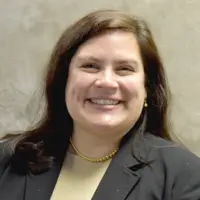
Sybil Medina
COO
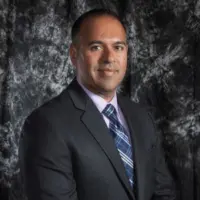
Saqib Altaf
COO
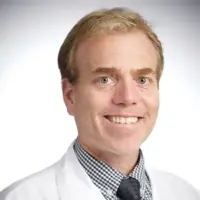
Avi Silber, MD
Chief Medical Officer
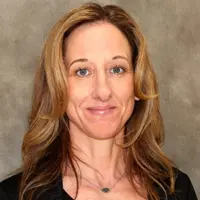
Luanne Palkoski Behrends, MSN, RN
Chief Nursing Officer
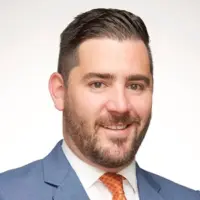
Michael Limperopulos
Chief of Staff
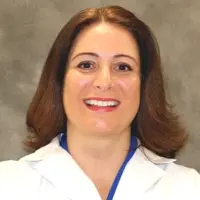
Angela Hulse, DO
Medical Director

Kaysie Romana, SHRM CP
VP of Human Resources
Accreditations

The Substance Abuse and Mental Health Services Administration (SAMHSA) is a branch of the U.S. Department of Health and Human Services. Established in 1992 by congress, SAMHSA's mission is to reduce the impact of substance abuse and mental illness on American's communities.
SAMHSA Listed: Yes
Contact Information
147 Lake St
Newburgh, NY 12550